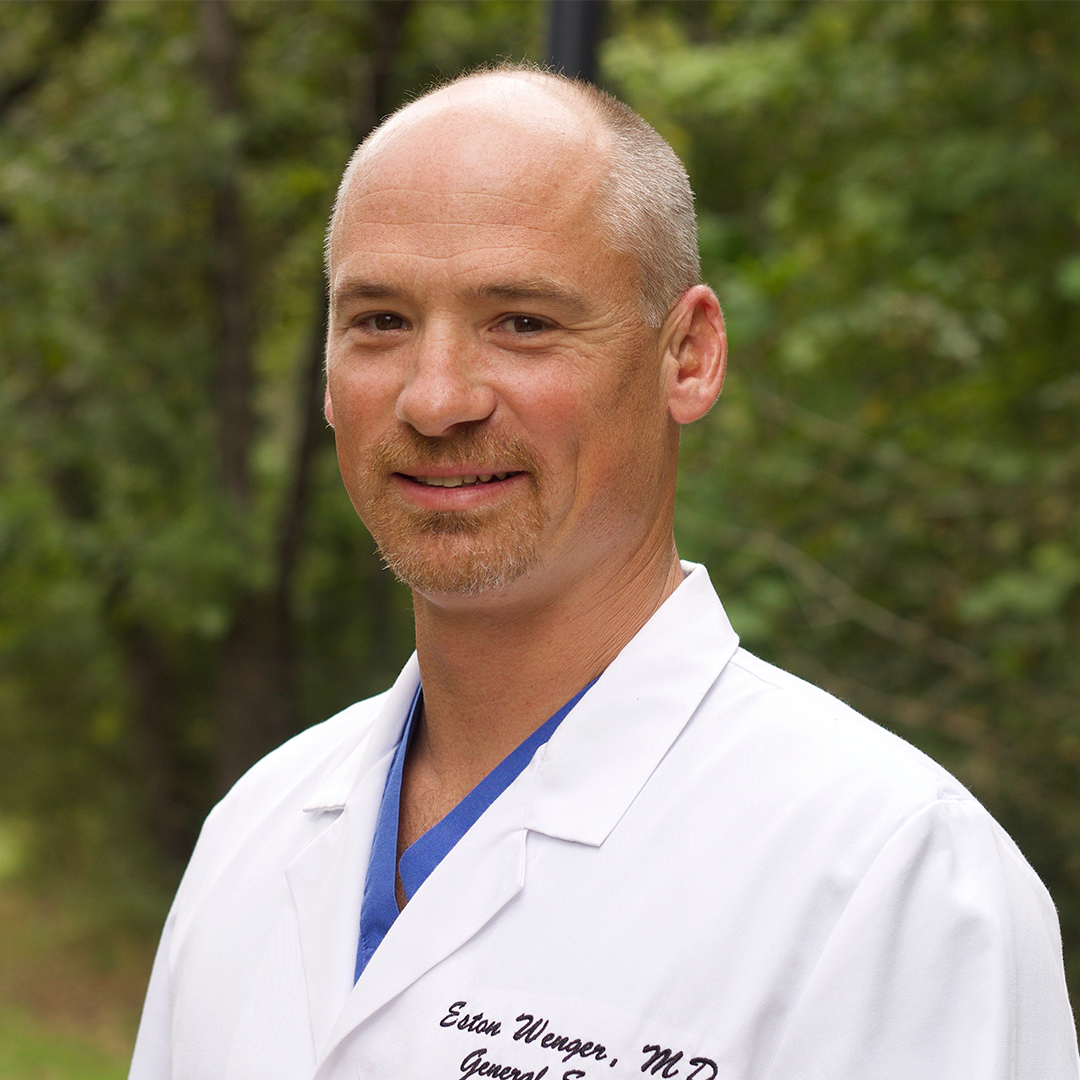
Dec 10, 2020 | From the Desk of Dr. Eston Wenger of Premier Surgical Cleveland
3 Common Types of Vein and Vascular Disease
Veins are like little flexible pipes that return blood from all over your body back to your heart. Just like any part of your body, veins can become diseased. While there are many types of vein and vascular disease, a few are more common than others. Read on below to learn about 3 common types of vein and vascular diseases and their symptoms.
Varicose Veins
These are veins that are near the skin with deficient valves. The valves in your veins help the blood flow to the heart and prevent back flow. When these valves get diseased, they may become varicose. Some symptoms of vein disease, in this case, are: visual misshapen veins usually occurring in your legs, you may also have heaviness, discomfort, or itchiness associated with the vein, it may be indented or raised on your leg.
There is usually no underlying reason you developed varicose veins, but at times they can be severe. You can treat them by decreasing your weight, living an active lifestyle, and using compression stockings. In some cases can be corrected if there are cosmetic issues as well. If you notice a misshapen vein it could be a symptom of vein disease so you should speak with your doctor.

Chronic Venous Insufficiency
This vascular disease is when multiple valves in your veins are dysfunctional resulting in the pooling of blood in your legs. Symptoms of vein disease with chronic venous insufficiency are tight, swollen legs, with discoloration. You may notice you have wounds that are harder to heal on your legs. You may also notice pain, itchiness, or discomfort when you exercise and that it goes away when you rest. Risk factors for this disease are being overweight, pregnancy, multiple varicose veins, trauma or injury to the leg, high blood pressure, lack of exercise, family history, history of blood clots in your legs. Treatment for this vascular condition may include compression stockings, exercise and weight loss plans, and medications to help with underlying conditions. If you are concerned that you have chronic venous insufficiency it is important to discuss it with your doctor.
Deep vein thrombophlebitis (DVT)
This vascular disease is due to a blood clot in the deep veins of your legs, but can also occur in your arms. DVT can be severe and life-threatening so if you have the following symptoms, you need to go to an emergency room. If you notice one leg is swollen, tender, and/or red after a long drive or increased immobility after a surgery, illness, or injury, seek medical help immediately.
If you have risk factors like prior clots, you’re a smoker, take birth control, or have a disease that makes your blood clot more easily you are at a higher risk of this vein disease. If you are worried you have DVT it is important that you reach out to a medical professional immediately because the clot can travel to your lungs or heart causing tissue death, or in rare cases, a stroke.
While these are common vein and vascular diseases and their symptoms, there are many more.
If you have concerns about your veins because you have some of the symptoms or risk factors mentioned, you can make an appointment with Vein Specialist Dr. Eston Wenger of Premier Surgical Associates in Cleveland, TN. Call (423) 472-5423 or CLICK HERE to request an appointment online.
Please note: if you have signs of a Deep Vein Thrombosis, it is a serious condition and you should go to an emergency room.
Schedule an Appointment or Consultation Today!
Comments Policy: We love comments and appreciate the time that readers spend to share ideas and give feedback. However, all comments are manually moderated and those deemed to be spam or solely promotional will be deleted.